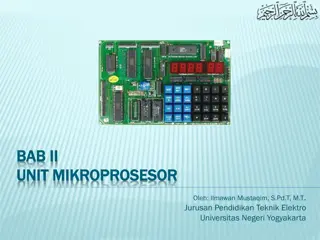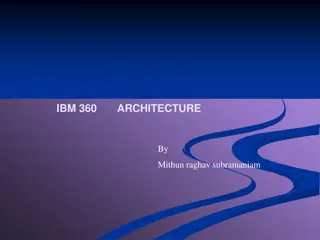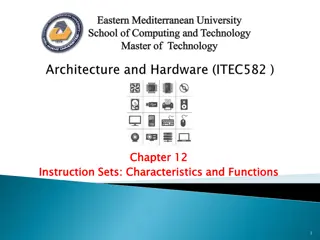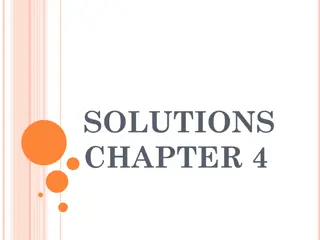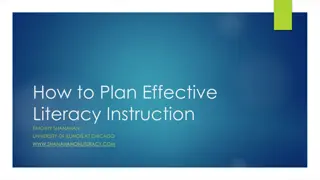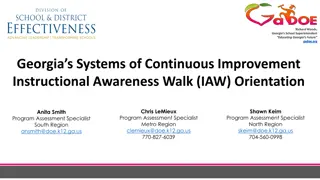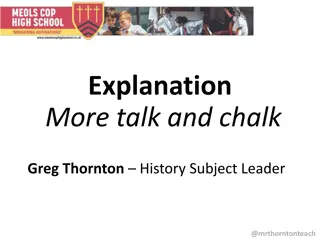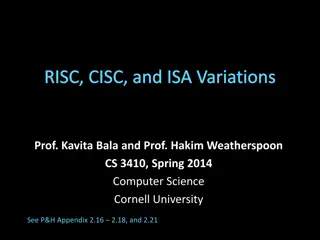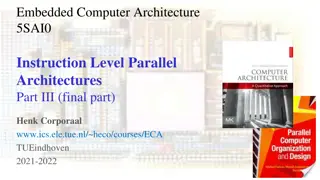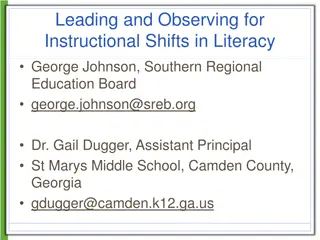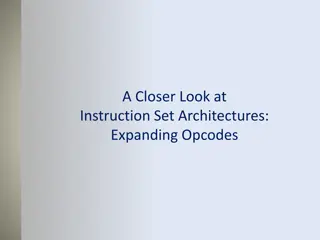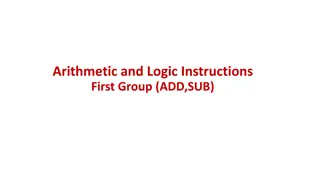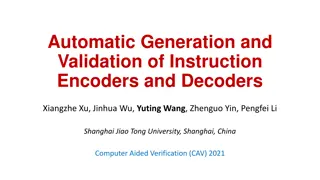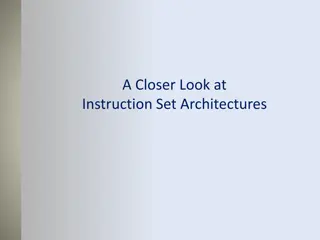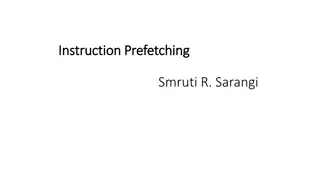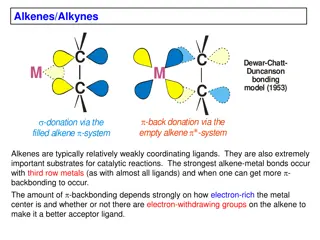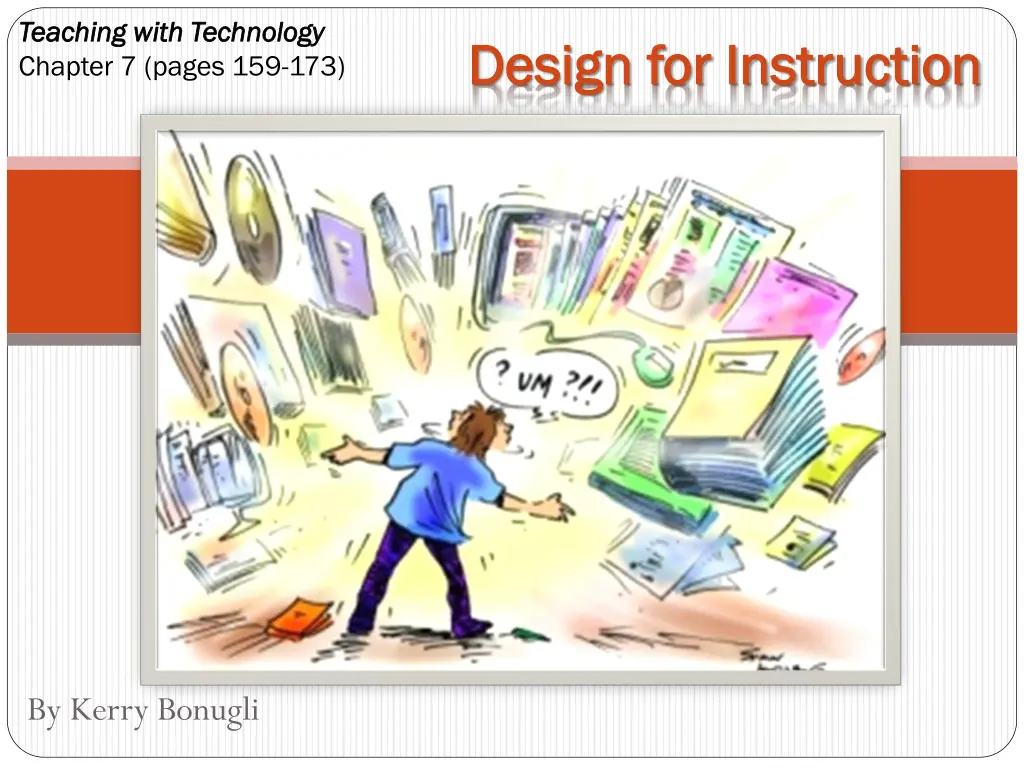
Coping with Information Overload and Teaching Information Literacy
Explore strategies for dealing with information overload and teaching essential skills for navigating the information age effectively. Learn how to filter, simplify, and utilize information critically in an era of excessive data.
Download Presentation

Please find below an Image/Link to download the presentation.
The content on the website is provided AS IS for your information and personal use only. It may not be sold, licensed, or shared on other websites without obtaining consent from the author. If you encounter any issues during the download, it is possible that the publisher has removed the file from their server.
You are allowed to download the files provided on this website for personal or commercial use, subject to the condition that they are used lawfully. All files are the property of their respective owners.
The content on the website is provided AS IS for your information and personal use only. It may not be sold, licensed, or shared on other websites without obtaining consent from the author.
E N D
Presentation Transcript
Teaching with Technology Teaching with Technology Chapter 7 (pages 159-173) Design for Instruction Design for Instruction By Kerry Bonugli
Information Processes Credit cards Conceptualization of money. Symbolizes purchasing power. Mechanics Mechanics rooting around under the hood of a car has gave way to using electronic diagnostic tools. Nurse Traditional bed side nursing gives way to monitoring banks of LCDs with patient information and vitals
Information Overload / Explosion More information in the last 30 years than in the previous 5,000 Over 1000 book titles published each day Information in the field of Science doubles every 5.5 years Total printed information doubles every 8 years (Naisbitt, 1982)
What does it all mean? Information age forces us to deal with an insurmountable quantity of information at an accelerated rate. Stress related heal problems such as Information fatigue syndrome or I.F.S. have become an actuality digestion problems heart problems hyper tension high blood pressure Sleep disorders
Is this a losing battle? More and more learners are forced into dealing with issues that make coping with new information difficult if near impossible. New information on a daily baisis Students cannot learn it all Students are being expected to learn more at an accelerated rate and at a much earlier age. We might all be in jeopardy of drowning in information while remaining starved for knowledge (Naisbitt, 1982)
How to cope with the overload Shenk s five acecdotes for dealing with I.O. Be your own filter 1. Be economical about what you say online 2. Embrace simplicity (ordered knowledge) 3. De-nichify (avoid being overly specialized, less jargon for the sake of jargon) 4. Demand government move toward informed public policy that uses I.T. to protect freedoms and limit inappropriate excess 5.
Teaching information Literacy Recognize that accurate/complete information is necessary for intelligent decision making Formulate relevant questions based on needed information Evaluate information Organize information for practical application Use information in critical thinking and problem solving
So what is an educator to do? Today s educator is challenged with creating opportunities to help learners search for and locate information that might be important to them helping students work through, interpret and judge for themselves the validity of information. helping students use the information that is available to create order of their experiences and derive new understanding helping students to communicate their new understanding.
So what is an educator to do? Trends of thought Curriculum has shifted from knowledge and skills to problem solving and critical thinking. Role of the educator has changed from disseminator of knowledge and skills to the role of a coach or mentor Learners have shifted from passive knowledge receptacles to those engaged in constructing knowledge and meaning and personalizing it Educational institutions have shifted to an environment that fosters real-world learning based on open networks of knowledge
The Integrated vs. Process Approach Integrated Approach Here is a car, and I ll show you how to fix it using certain tools. Subject Area and Classroom learning tied to real world needs Change from traditional isolated, bibliographic instruction Moves away from teaching the use of tools and more towards accomplishing the give task with the tools Learning is transferable across all setting/subjects so creation of new instructional units or courses is unnecessary
The Integrated vs. Process Approach Process Approach Process of coping with locating, accessing, and using a variety of information sources Emphasizes transferable cognitive skills that help increase the learners ability to effectively use information, reference materials, online databases, and internet resources. Is thought to be more effective than traditional individual resource based approaches
Process Models Kuhithau Information Seeking Model Stripling and Pitt s Research Process Model Eisenberg and Berkowitz s Information Problem Solving Model Irving s Skills Model Formulation and Analysis of Information Need Choose a Broad Topic Initiation Get and Overview of the Topic Selection Task Definition Identification and Appraisal Narrow the Topic Statement Exploration Information Seeking Strategies Formulation of Focus Location and Access Develop a Thesis/Purpose Information Use Tracing and Location Individual Resources Formulate Questions to Guide Research Collection Synthesis Presentation Examining, Selecting, and Rejecting Individual Resources Evaluation Plan for Research and Production Assessment of Outcome Interpretation, Analysis, Synthesis and Evaluation of Information Find, Analyze and Evaluate Sources Interrogating and Using Individual Resources Shape, Presentation and Communication of Information Evaluate Evidence, Take Notes, and Compile Bibliography Recording and Storing Evaluation of Assignment Establish Conclusions and Organize Information in an Outline Cerate and Present Final Product
Becoming Information Users - SSCC Today's learner must be taught the tool to be able to manage information properly through properly designed instruction. This instruction should allow the learners to do the following Search Sort and Judge Create Communicate
Becoming Information Users - SSCC Today's learner must be taught the tool to be able to manage information properly through properly designed instruction. This instruction should allow the learners to do the following Search Sort and Judge Create Communicate
Becoming Information Users - SSCC Today's learner must be taught the tool to be able to manage information properly through properly designed instruction. This instruction should allow the learners to do the following Search Sort and Judge Create Communicate
Becoming Information Users - SSCC Today's learner must be taught the tool to be able to manage information properly through properly designed instruction. This instruction should allow the learners to do the following Search Sort and Judge Create Communicate
Becoming Information Users - SSCC Searching for Information: Appropriate methods for Searching should be used. (DVD, Internet, card catalog, electronic databases, hypermedia, etc.) Right tool for the right job (general topics, use an encyclopedia, not the Internet. Boolean Internet searches to narrow information down Specialized search tools for specific topics (Medical clearing house for journals pertaining to medicine and the field)
Becoming Information Users - SSCC Sorting out and Judging Information: Sorting out extraneous information Questioning the validity of the information (websites, wikis, journals, etc.) Cross checking information across multiple sources Verify usefulness of the information
Any Questions?!?
Bibliography Norton , Priscilla, and Wilburg Karin.Teaching with Technology Designing Opportunities to Learn. 2nd. Toronto, Canada: Thompson Learning, 2003. 168- 174. Print. Photograph Credits http://conceptualist.com http://www.kollewin.com http://whoseeswhat.org.uk http://www.stresstips.com/?p=968

